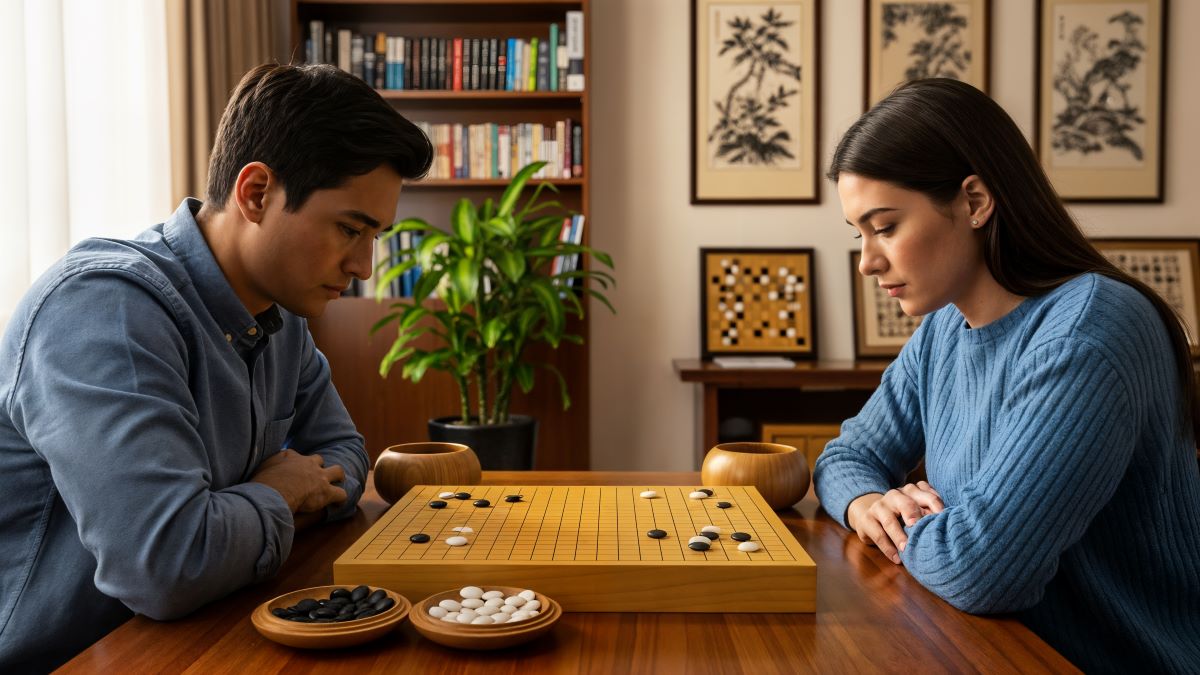Go: The Ancient Board Game of Strategy and Balance

Introduction:
Originating in China over 2,500 years ago, Go is one of the oldest still-played strategy board games. Known for its simple rules yet profound complexity, it attracts players seeking deep strategic thinking, mental discipline, and cultural connection across centuries.
The Evolution of Go
Over millennia, Go spread through East Asia, becoming especially popular in Japan, Korea, and China. Its cultural significance has remained high, often linked with artistic expression, meditation, and strategic thinking. Today, it has a global community, with tournaments and online platforms facilitating play worldwide.
Why Do People Love Go?
Players love the game for its elegant simplicity and incredible complexity. The fewer rules make it easy to learn, but mastering it requires intuition, patience, and strategic foresight. The game’s emphasis on balance, territorial control, and adaptability makes each match unique.
The Scientific and Cultural Impact
Go has influenced fields like artificial intelligence, with programs like AlphaGo surpassing human champions. Culturally, it fosters mindfulness, discipline, and profound strategic insight, inspiring a deep appreciation for quiet contemplation and skill.
Conclusion:
Go remains a symbol of deep strategy and philosophical thought. Its enduring appeal lies in its simple rules that unlock infinite possibilities, offering players a journey of continuous learning and inner growth.
Used to play few times